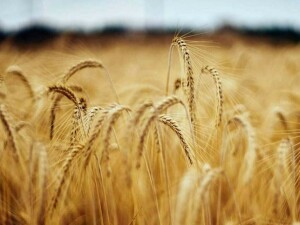Rafhan Maize: price increase to the rescue!
An eight percent decline in production could not keep Rafhan Maize (PSX: RMPL) from improving its profitability indicators. That’s the thing about economic shocks; they allow smart businesses to capitalize by raising prices by a greater proportion than cost increase.
The pandemic year CY20 was not easy for Rafhan either, as for most of the businesses in the large-scale manufacturing segment. Regular readers would recall that RMPL’s topline had taken a significant battering during 2QCY20, when it recorded a year-on-year decline of over 11 percent. However, early lifting of lockdown by the government – backed by buoyed maize prices – lifted overall profitability for the calendar year.
But let’s zoom in. It is worth recalling that the first lockdown circa April 2020 had coincided with peak spring crop harvest season in Punjab. Reportedly, lockdown and subsequent slump in commercial demand for corn led to a short-lived, but severe crash in prices of the crop around peak harvest time. Between Jan-May 2020, corn prices fell by nearly 15 percent in wholesale mandis of Punjab.
It appears that prudent buying and inventory building during that time (second quarter) saved the day for Rafhan. Gross margin inched forward by 182bps, a significant improvement when overall volumetric offtake has taken a severe battering during the year.

Meanwhile, maize prices rebounded both domestically and internationally subsequently. Between May – Dec 2020, international maize prices rebounded by as much as 40 percent, in effect maintaining international prices at the same level as the past two years’ average. While this allowed Rafhan and other wet millers to pass on the impact, the unit economics had improved materially.
In addition, the company also benefited from its primary business activity as a raw material supplier to export oriented sectors such as textile, and poultry & livestock feed supplier. As a result, business activity resumed much earlier for RMPL than other units, which was further augmented by a strong resurgence in textile export demand in the 2HFY20.
Overall, CY20 may not have been a year of tremendous volume growth, but RMPL’s surgical management of costs – with little to nil dependence on leverage – meant it would have been smooth sailing either way.

























Comments
Comments are closed.